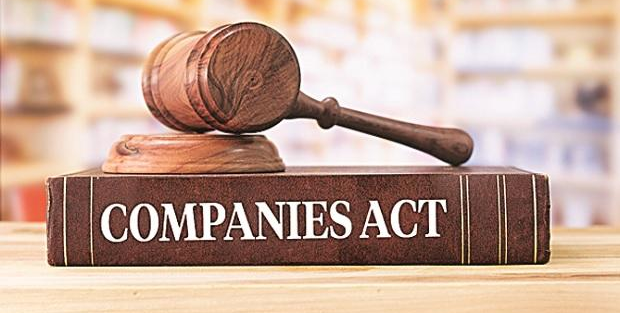Starting a business in South Africa is relatively easy nowadays, but it comes with a complex web of rules and regulations that can seem bewildering to navigate, especially when one is not an accountant.
It is good to stay up to date with the various regulatory requirements to avoid penalties and fines or even losing out on business in instances where regulatory compliance is a requirement. Complying with various government agencies and staying up-to-date with ever-evolving regulations is crucial for the success and sustainability of your enterprise.
Although it is good for every business to have a grasp of the regulatory requirements (even at a high level), having an accountant on speed dial is essential and cannot be over-emphasized.
Below is a list of the “absolute minimums” that you must comply with, although each entity has different requirements depending on factors such as size and industry.
1. Income Tax:
When you register a business with the Companies and Intellectual Property Commission (CIPC) you automatically register for income tax with the South African Revenue Service (SARS). However, if you operate as a sole proprietorship then you do have to register manually.
Partnerships are taxed slightly differently as each individual has to declare their share of income and expenses on their individual tax returns.
Income tax returns are due annually, within 12 months after the business’ year-end, except if one is operating as a sole proprietor or partner, in which case the deadlines for individuals apply as published by SARS every year.
You should regularly update your business and personal details with SARS to receive correspondence and keep a record of all financial transactions to enable you to submit accurate income tax returns.
As already mentioned, it is a good idea to employ a reliable accountant or outsource your accounting and tax to a reputable accountant, especially because they can also help you with tax planning.
Provisional Tax:
Provisional tax in South Africa is a tax system that requires individuals and businesses to pay their income tax liabilities above in advance, typically in two (or three) installments during the tax year. It is designed to help taxpayers meet their tax obligations gradually, rather than facing a significant tax bill at the end of the tax year.
The first provisional tax payment must be made within six months of the start of the year of assessment. For years of assessment starting March, this will be 31 August, if it is a business day, or the last business day before that date if it falls on a Saturday, Sunday or public holiday. The second payment is due on 28 February, whilst a third (optional) payment is due on 30 September.
2. VAT (Value Added Tax)
If your annual turnover exceeds the threshold of R1 million per annum, your business must register for Value Added Tax (VAT). If there are tax planning advantages, you can take voluntarily register if your annual turnover exceeds R50,000 per annum.
The standard rate of VAT in South Africa is currently 15%. VAT is charged on the supply of most goods and services, unless specifically exempted or zero-rated. It is important to submit VAT returns on time and to familiarize yourself with the VAT return deadlines.
Businesses with turnover below R30 million submit their VAT returns every two months. When an entity registers for VAT, SARS will prescribe whether the entity is supposed to submit VAT returns based on even months or odd months.
Businesses with turnover above R30 million submit VAT returns every month. Your accountant will help you correctly calculate the amount payable and remit it within the due dates.
3. PAYE (Pay-As-You-Earn)
PAYE (Pay-As-You-Earn) is the system by which employers deduct income tax from their employees’ salaries and remit it to the tax authorities monthly. If you have employees, you need to register your business for PAYE.
Once your business is registered for PAYE, you must, monthly, calculate and withhold the correct amount of PAYE from your employees’ salaries.
You must also complete and Submit Monthly Returns (EMP201) to SARS, indicating the total PAYE deducted from employees and the UIF (Unemployment Insurance Fund) contributions. This return is due by the 7th of each month.
Halfway through the tax year and at the end of each tax year, you must submit an annual reconciliation return (EMP501) to SARS. This return reconciles the total annual PAYE deductions and contributions. Failure to reconcile may lead to penalties. SARS normally publish the dates when the reconciliations are due.
Employers are required to provide their employees with IRP5/IT3(a) certificates, which outline the total earnings and deductions for the year. These certificates are typically issued before the end of May each year, and form the basis for their individual tax returns. It is worth noting that the IRP5/It3(a) certificates are the output of the EMP501 reconciliation process mentioned above.
4. SDL (Skills Development Levy)
SDL (Skills Development Levy) SDL is a levy imposed on employers to promote skills development within the South African workforce. Employers are required to pay the SDL to each SETA (Sector Education and Training Authority), based on the sector, via the South African Revenue Service (SARS).
These levies fund various skills development initiatives and training programmes managed by the SETAs.
Employers who pay remuneration exceeding R500,000 per annum are required to register for SDL. SDL payable is 1% of an employee’s total remuneration.
Employers are responsible for calculating SDL. It is important to note that SDL is an employer contribution (and not an employee deduction). SDL is remitted to SARS, via the EMP201, which is due by the 7th of each month and includes SDL, PAYE and UIF.
5. UIF (Unemployment Insurance Fund)
UIF (Unemployment Insurance Fund) is a government fund that provides financial support to employees who become unemployed or are unable to work due to illness, maternity, or adoption. Employers are obligated to contribute to the UIF on behalf of their employees and ensure compliance with UIF regulations.
Employers in South Africa are required to register with the UIF. There are two UIF registrations that must take place: one with the Department of Labour and the other with the South African Revenue Service (SARS). Returns are submitted to both entities monthly, but the payment is made via SARS.
6. Workmen’s Compensation
Workmen’s Compensation (also known as the Compensation for Occupational Injuries and Diseases Act or COIDA) in South Africa is an important responsibility for employers to ensure the safety and well-being of their employees.
COIDA is a system that provides compensation to workers who are injured or contract diseases in the workplace. Compliance with COIDA is essential to protect both employees and employers. Employers are required to register with the Compensation Commissioner for COIDA.
Employers are required to pay an annual assessment fee, which is calculated based on the total earnings of their employees. The assessment fee is used to fund the compensation system. Employers must make these payments annually by a specified due date, which is typically in March each year.
7. CIPC (Companies and Intellectual Property Commission) Annual and Beneficial Ownership Returns
CIPC annual returns are filings made by companies and close corporations in South Africa. These returns provide up-to-date information about the company’s operations, structure, and financial status. They help maintain an accurate record of the company’s details with the CIPC.
The due date for filing annual returns is typically within 30 business days of the anniversary of the company’s registration date.
Beneficial ownership returns require companies to annually provide information about their ultimate beneficial owners and other persons with significant control over the company. The purpose is to enhance transparency and reduce the potential for illegal activities such as money laundering, fraud, and corruption.
8. Broad-Based Black Economic Empowerment (BBBEE)
BBBEEE is a critical requirement for businesses operating in South Africa. The BBBEE framework aims to address the historical economic disparities and promote economic transformation in the country by increasing the participation of black South Africans in the economy.
BBBEE compliance is assessed through a scorecard system that measures a company’s efforts in promoting black economic empowerment.
The BBBEE scorecard evaluates a company’s compliance in various key areas, including ownership, management control, employment equity, skills development, preferential procurement, enterprise development, and socioeconomic development.
Companies are rated based on their BBBEE compliance level, which is categorized into various levels, from Level 1 (highest compliance) to Level 8 (lowest compliance). The level achieved depends on the company’s BBBEE score.
Many government tenders, contracts, and large corporations require suppliers and service providers to meet specific BBBEE compliance levels as a condition for doing business with them.
BBBEE compliance can significantly impact a company’s ability to win government contracts, secure corporate clients, and access business opportunities in South Africa.
Conclusion
Adhering to the various rules and regulations after registering a business in South Africa can be a complex task. However, staying up to date with these regulations is essential to maintain your business’s good standing and ensure its long-term success.
It is a good idea to seek professional guidance and stay informed to navigate the regulatory landscape.





